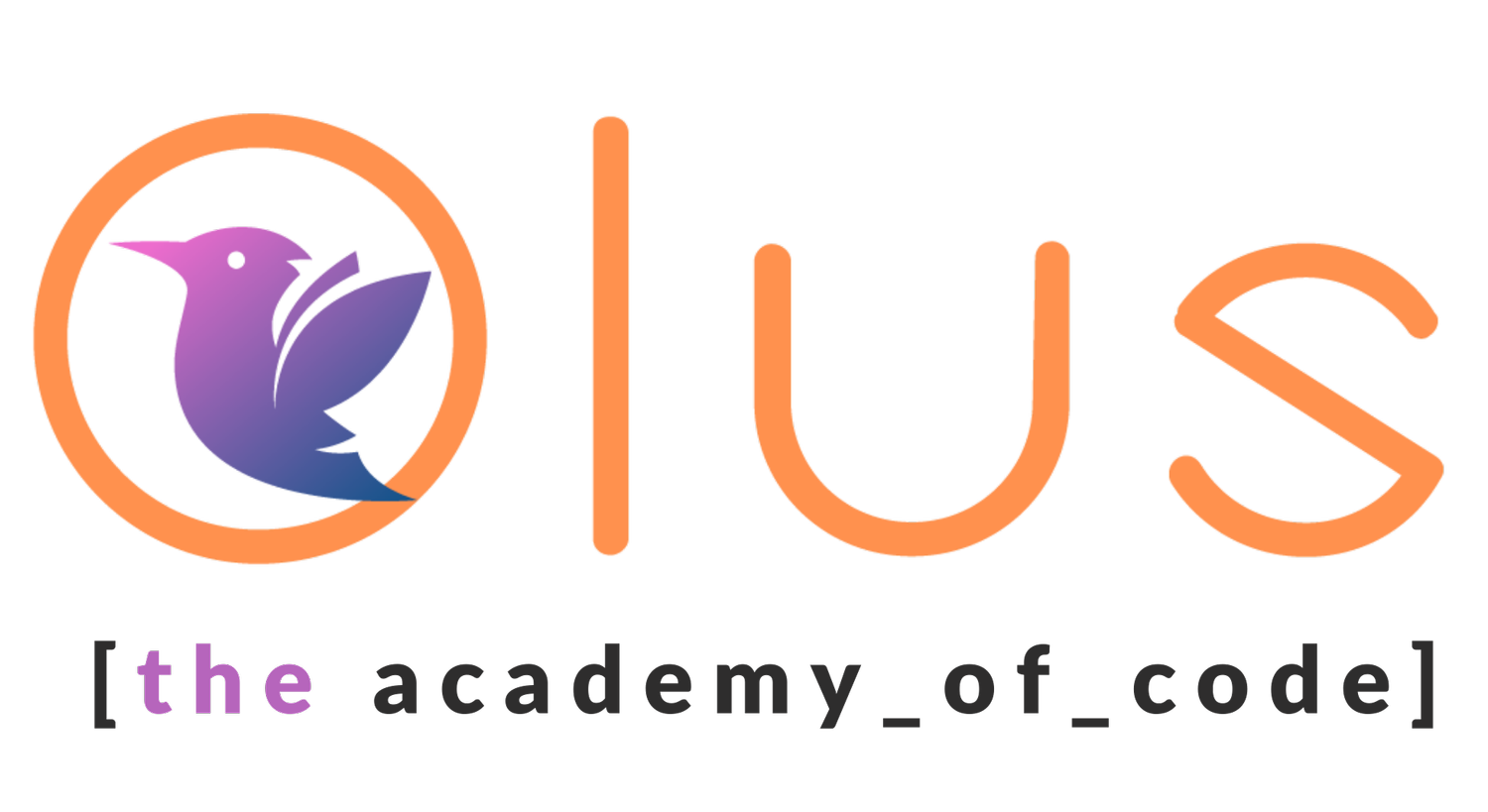Introduction
In today's increasingly digital world, coding has become an essential skill for the younger generation. Teaching kids to code is not just about preparing them for future careers in technology; it also offers numerous cognitive and creative benefits. Here are five compelling reasons why kids should learn to code.
Fosters Problem-Solving Skills
Coding is essentially the art of solving problems through programming. It encourages children to think critically, logically, and systematically. When kids encounter coding challenges, they learn to break down complex problems into smaller, more manageable parts. This problem-solving mindset extends beyond the computer screen, helping them tackle real-world issues with confidence and resourcefulness. Whether it's debugging code or creating a new program, coding nurtures the ability to analyse problems, think critically, and devise solutions.
Encourages Creativity
Coding is a creative endeavor that empowers children to bring their ideas to life. Through coding, kids can design games, websites, apps, and even robots. They learn to express themselves through technology, developing a unique form of self-expression. Coding nurtures the imagination and allows children to turn their creative ideas into reality. Moreover, coding offers a blank canvas, making it a great outlet for self-expression and innovation.
Teaches Persistence and Resilience
Coding often involves trial and error. When kids face coding challenges, they have to persevere and adapt. This process teaches them patience and resilience. They understand that it's okay to make mistakes, as this is how they learn and improve. The ability to handle failure positively is an invaluable life skill, and coding provides a safe and constructive environment for kids to develop it.
Enhances Computational Thinking
Computational thinking is a problem-solving process that involves breaking down complex problems into smaller, more manageable parts. Learning to code reinforces computational thinking skills in kids, helping them make sense of the world around them. These skills extend to various disciplines, from math and science to art and literature. They learn to organise information, spot patterns, and make informed decisions. Computational thinking is a fundamental skill for success in the digital age.
Prepares for Future Careers
The demand for individuals with coding skills is on the rise. In a world increasingly driven by technology, coding literacy is an asset in various industries. Teaching kids to code early on opens doors to future career opportunities in software development, data science, artificial intelligence, and more. Furthermore, coding encourages a deeper understanding of the digital world, which is essential in our information-driven society.
In summary…
Teaching kids to code is more than just preparing them for future careers; it's about equipping them with valuable life skills. Coding fosters problem-solving, creativity, persistence, computational thinking, and prepares them for the demands of a digital world. By introducing children to coding, we empower them to embrace the future with confidence and competence. As we move further into the digital age, teaching kids to code is an investment in their future success and personal growth.
Interested in signing up to one of our courses? See here for more information about our upcoming Halloween camp.

